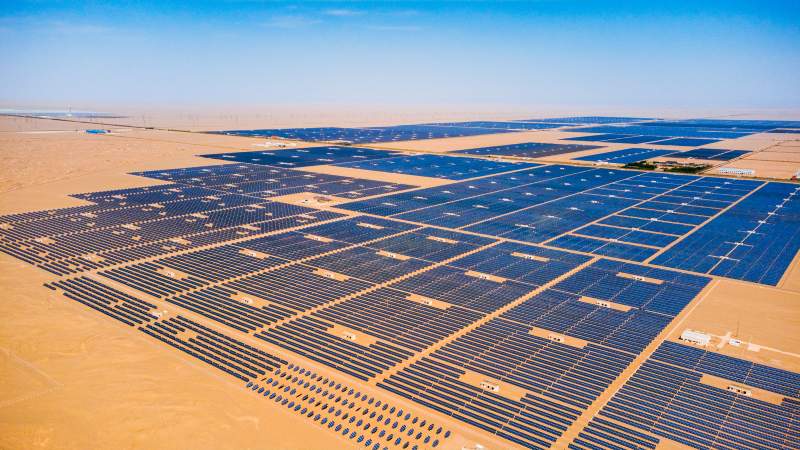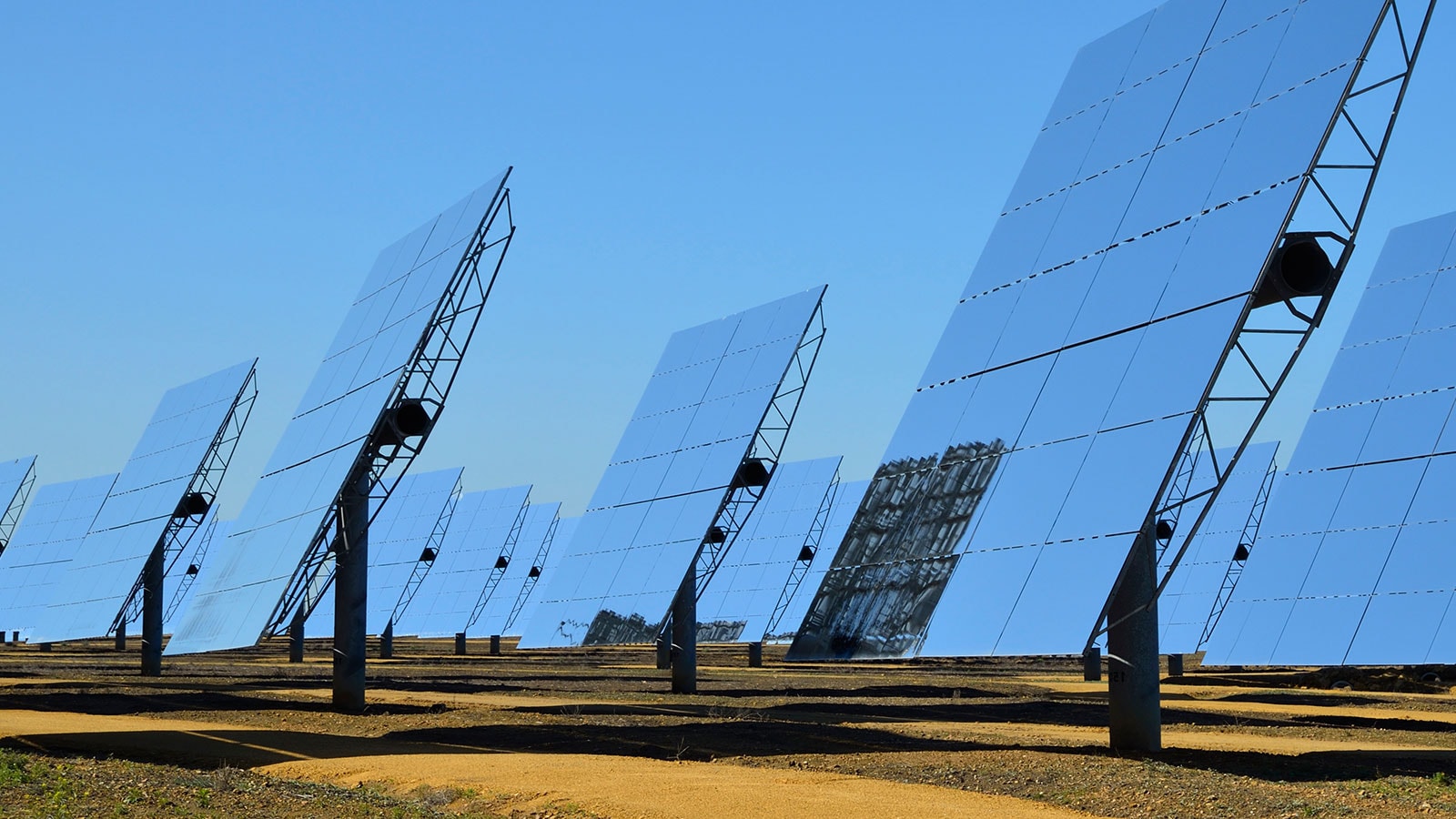Changing the way we use energy isn’t easy, but a rising number of organisations are showing it can be done. By reframing the prioritisation of decarbonisation, decentralisation, and digitisation, you have the opportunity to mitigate risk and create value, and move towards net zero transformation.
Managing your energy demand isn’t a tick in the box or a compliance exercise, it's a way to create value for your business. Now’s the time for a proactive approach to your energy transition strategy, including:
- Reducing emissions through climate change mitigation and adaptation opportunities.
- Accessing new revenue streams through engagement with the electricity market.
- Reducing costs through efficiency and energy-saving opportunities.
- Mitigating physical risk and transitioning risk by reducing exposure to price volatility and grid failures.
We work with clients to redesign these complex systems; and by using the extent of the PwC network, we are able to pull on the right industry, capital funding, tax, and accounting expertise needed to help solve for the unique needs of each client.

45%: Demand-side GHG reductions needed to reach a net zero compliant economy.
Unlock demand-side opportunities, whatever industry you are in
As energy grids continue to transition to clean systems, companies in every industry will no longer be able to operate on a “business as usual” basis. They will be faced with a choice between taking a “passive” or a “proactive” approach. Those that opt for a proactive approach to energy transitioning will require support in designing a value-creating operational approach, while meeting stakeholder expectations.
Evaluating your solutions against the World Energy Council’s 2022 World Energy Trilemma Index:
- Will this solution provide energy security and resilience?
- Is it environmentally sustainable?
- Does the solution present equity, affordability and access across all our operations for the benefit of all our stakeholders?
How we can help
As a global community of solvers, with more than 10,000 sustainability staff members and sector specialists in 65 countries, empowered by the right tech and data insights, we can help you pinpoint the most effective energy-related actions to create the most value.
By having a focused strategy and securing access to capital to getting the right numbers that prove real progress, we cover all bases. Our network of energy transition specialists have the expertise and experience to drive value-accretive demand-side energy transition solutions. We believe in working with our clients to design bespoke solutions that address their specific needs and energy ambitions by focusing on the following:
- Baselining and assessing the energy value potential.
- Identifying and capitalising on opportunities to transform.
- Defining an energy transition strategy and designing a roadmap based on priorities.

Contact us

Global Sustainability - Energy Transition Lead, Partner, PwC Australia
Tel: +61 (0)3 8603 1000























